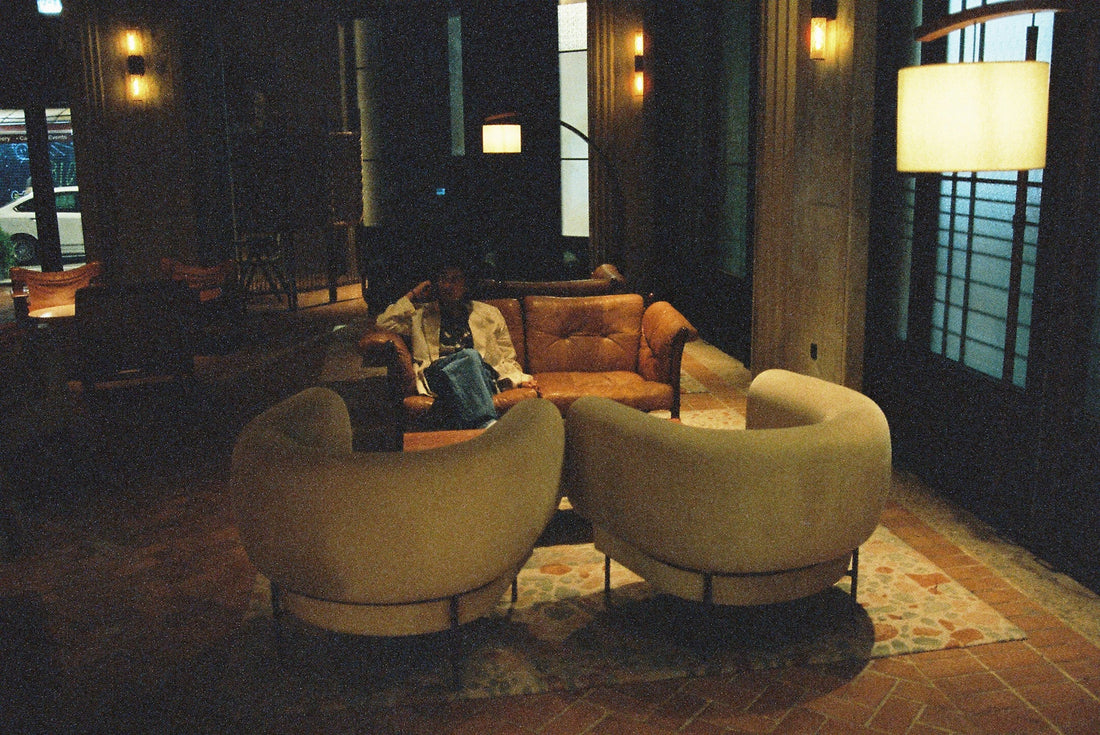
No one drinks anymore
Share
There exists in every expatriate life a kind of delusion: that the place we leave behind will remain suspended in our absence, like a snow globe waiting to be shaken back to life upon our return.
Malaysia was once a place where excess felt inevitable, where recklessness carried weight through camaraderie and the quiet assurances of intimacy.
The last time I was in Malaysia, we drank.
We drank until our voices frayed, until the conversation looped back on itself, until bottles of Macallan 18 were emptied and more were ordered, as if it were the only logical conclusion.
Now, it seems, no one drinks.
Everyone I texted suggested a morning coffee or breakfast. They wake at six to play tennis. They talk about stretching. Someone even proposed “meeting up for a game.”
My mornings are full, and my nights are empty.
///
I have never found any joy in physical exertion, but I especially loathe tennis.
As a child, I had a coach who would stand at the net with his arms crossed and sigh in a way that suggested a kind of existential exhaustion every time I sent a ball, with impressive velocity, out of court. Which was often.
I started with badminton, which meant that my body had already committed itself to a different set of laws—an entirely different physics of movement, an entirely different expectation of how air and resistance and string tension conspire to direct a ball’s trajectory. A shuttlecock is a far more forgiving thing than a tennis ball, which does not glide or hover but insists on a cruel, obedient adherence to Newtonian motion.
The tennis lessons lasted a year. I never adjusted.
These days, whenever I’m forced to partake in this hideous activity, I still swing up, the ball still sails out, my tennis partners still register, with varying degrees of restraint, the same minor exasperation that takes me straight back to my coach’s sighs.
And so I stand there, self-conscious, vaguely humiliated, wondering why we are all conspiring to uphold the fiction that I am someone who plays sports.
///
Maybe it’s because I’m on the cusp of a milestone birthday that I’m preoccupied with the peculiar choreography of aging.
Adulthood is often framed as a fixed point, a destination where one arrives, unpacks, and settles in—a life measured in mortgages, pensions, and the quiet satisfaction of stability.
But is it real? At what point did my contemporaries decide gut health was a personality trait?
Adulthood, to me, suggests not growth but an ending—a quiet surrender, the final erosion of hunger, the acceptance of ease as virtue. A kind of death.
I don't want it.
I don't want to sit in brightly lit Chinese restaurants at 10 a.m., sipping Pu'er, talking about potty training. I want the burn of whiskey and the weight of a night unspooling without an endpoint. I want to dance awkwardly to LCD Soundsystem and shout “Ice cold!” whenever someone asks, “What’s cooler than being cool?”
But the party ended while I was on the balcony having a cigarette. Everyone has already left. And the lights are still on.
///
Soundtrack: Pinback – Loro





